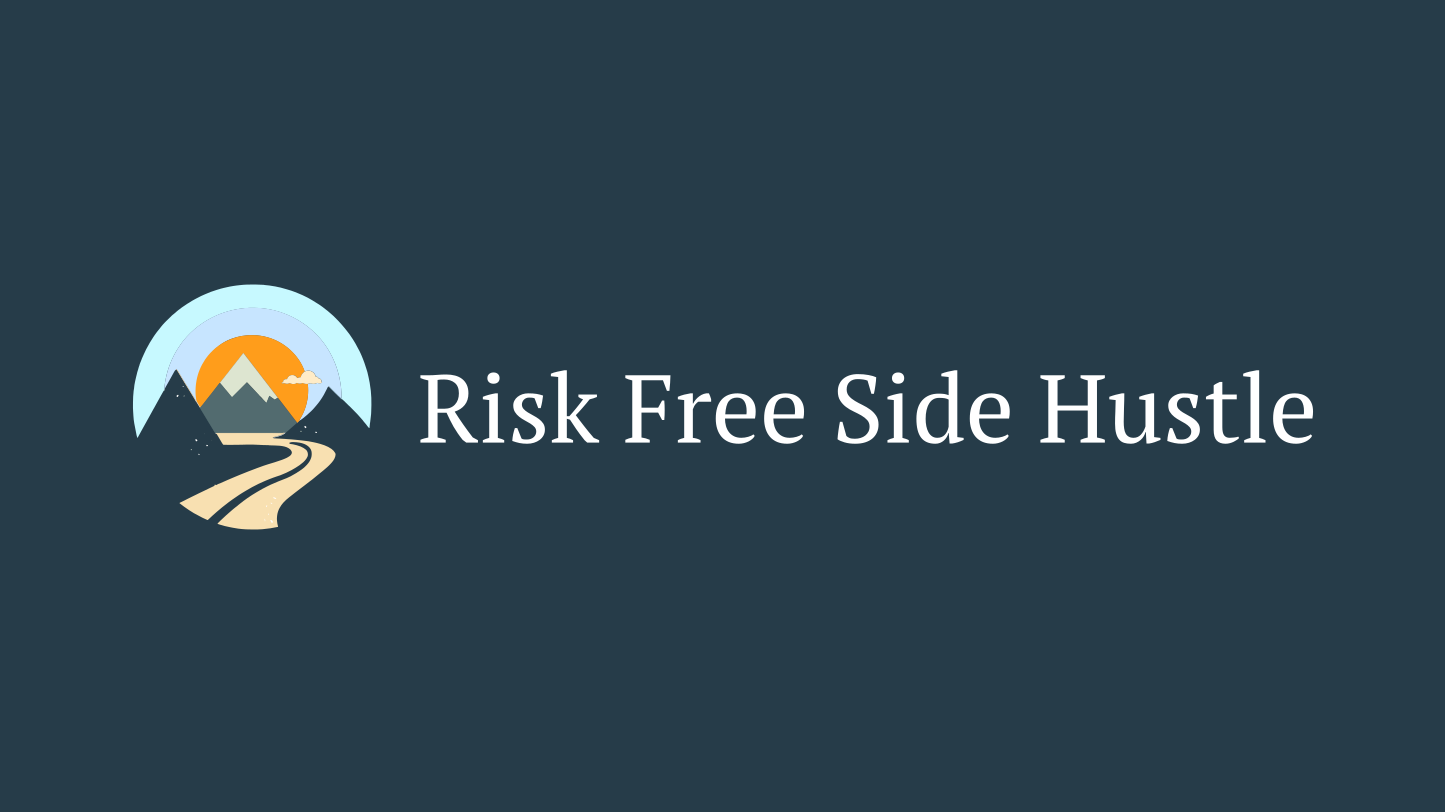43. Meeting Fatigue Is Not a Time Problem (It's a Boundary Problem)
Episode: 43. Meeting Fatigue Is Not a Time Problem (It's a Boundary Problem)
Host: Nathan Pearce
Release Date: 08/02/2025
Episode Summary
Knowledge workers spend 23 hours per week in meetings, nearly 60% of their work time, but meeting fatigue isn't actually a time management problem. It's a boundary problem disguised as a scheduling issue. In this episode, Nathan shares the RISE Framework, a systematic approach he used to cut meetings by 40% while increasing impact and effectiveness, helping you reclaim control of your calendar and redirect energy toward meaningful work.
Learning Outcomes
✅ Recognize the difference between being accessible and being valuable in your professional role
✅ Identify the four types of unproductive meetings draining your calendar (informational, ceremonial, duplicative, and unclear-purpose meetings)
✅ Apply the Meeting Filter System with four strategic categories for every invitation
✅ Implement boundary-setting language that declines meetings while offering alternative value
✅ Create protected focus time blocks and buffer zones for peak productivity
✅ Negotiate existing meeting structures to better serve your role and contributions
✅ Audit your current meeting load to identify immediate opportunities for improvement
Key Takeaways
🔹 Meeting fatigue is a boundary issue – We've confused being accessible with being valuable, leading to calendar overwhelm
🔹 The 30-40% rule – Most professionals discover that nearly half their meetings are informational, ceremonial, or duplicative
🔹 Strategic decline with alternatives – "I won't be able to attend, but I'm happy to review the notes and provide input on [specific topic]"
🔹 Four-category filter system – Essential, Valuable, Networking, and Ceremonial meetings each serve different purposes and deserve different responses
🔹 Focus time is client time – Treat deep work blocks as unmovable client meetings because your future self is your most important client
🔹 Buffer zones prevent fatigue – 15-minute breaks between meetings improve presence and effectiveness in every session you do attend
Reflection Questions
💭 What would become possible in your work if you reclaimed just 5 hours per week from unnecessary meetings?
💭 Where are your meeting boundaries weakest: saying yes too quickly, attending without clear purpose, or allowing meetings to run over?
💭 Which recurring meetings on your calendar have outlived their original purpose?
💭 How can you reframe declining meetings as a strategic choice rather than an obligation?
💭 What high-impact work gets pushed to the margins when your calendar controls your day?
Action Step
This Week's Challenge: Conduct a meeting audit for one full week. Track every meeting's purpose, duration, your role, and actual value created. Identify 2-3 meetings where you could provide value differently, then practice the "pause before yes" habit—don't accept meeting invites immediately.
Resources & Links
📋 Free Download: Meeting Boundary Toolkit - Templates for declining meetings professionally and negotiating better practices
📧 Newsletter: Subscribe to Reclaim Your Professional Identity
🌐 Main Website: https://www.professionalindependence.com/
🎁 Free Layoff Recovery Webinar: https://www.professionalindependence.com/layoff-recovery
🏎️ Layoff Recovery Accelerator (4-week program): https://www.professionalindependence.com/layoff-recovery-accelerator
The RISE Framework Summary
🔍 Recognize: Conduct a meeting audit - track purpose, duration, role, and value created
📊 Investigate: Identify boundary weak spots (immediate yes, expired recurring meetings, passive attendance)
🎯 Strategize: Apply four-category filter (Essential, Valuable, Networking, Ceremonial)
⚡ Execute: Decline with value, propose alternatives, set time boundaries, block focus time, create buffers
Community Engagement
💌 Share your wins: How much time did you reclaim using the RISE Framework?
🤝 Connect with others: Forward this episode to someone drowning in their calendar
⭐ Help the show: Leave a review sharing your biggest takeaway from this episode
📱 Connect with Nathan:
- LinkedIn: Nathan Pearce
- Email: [email protected]

